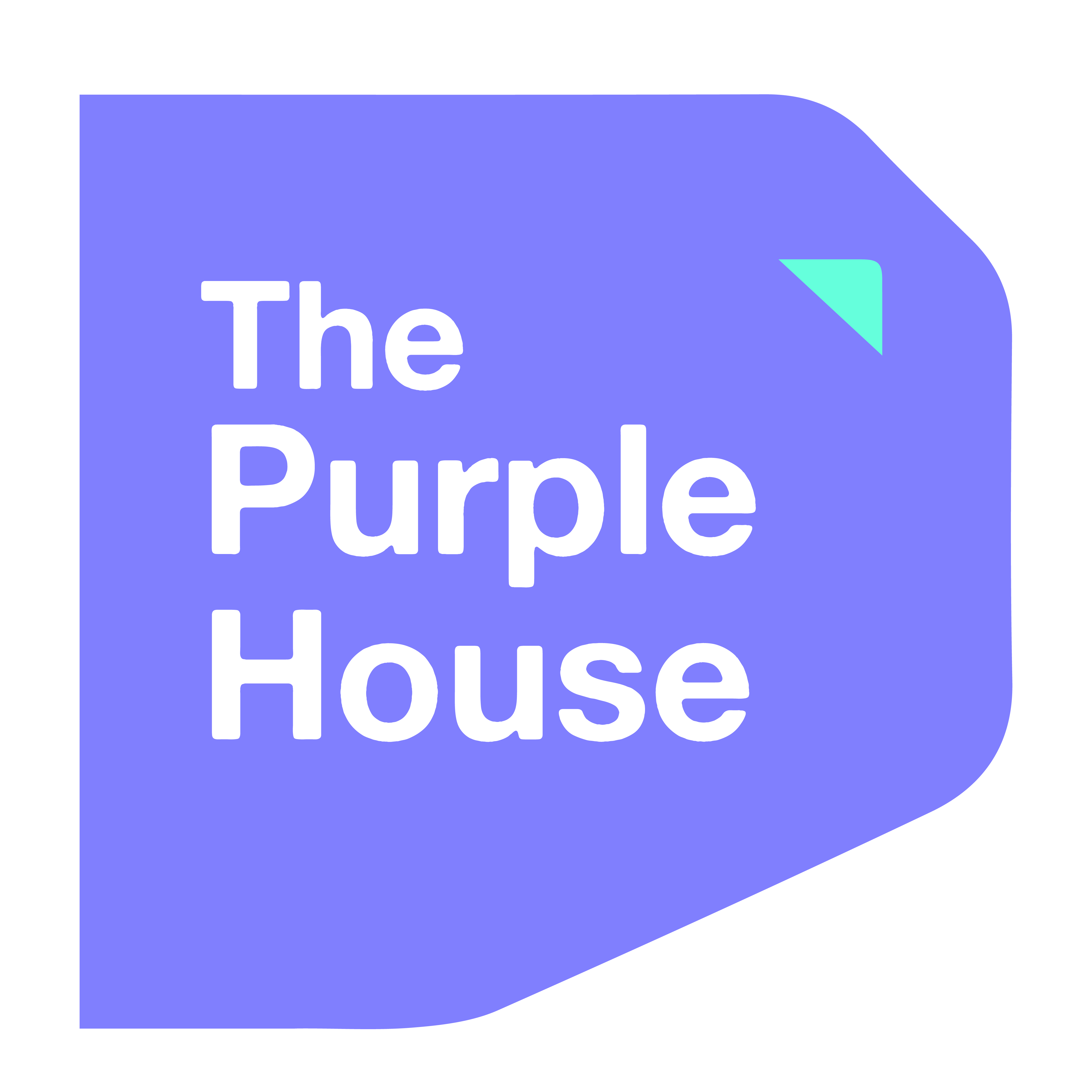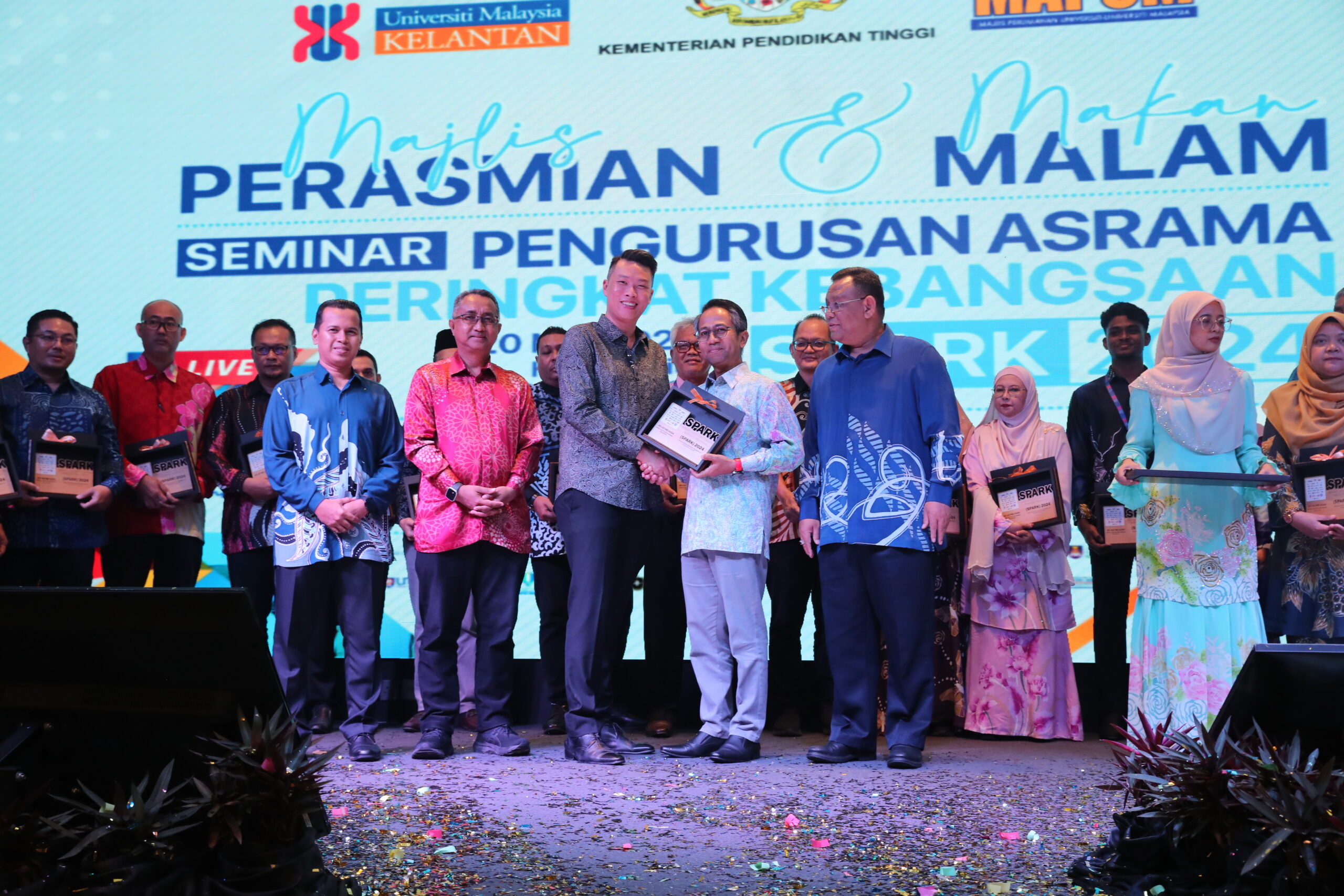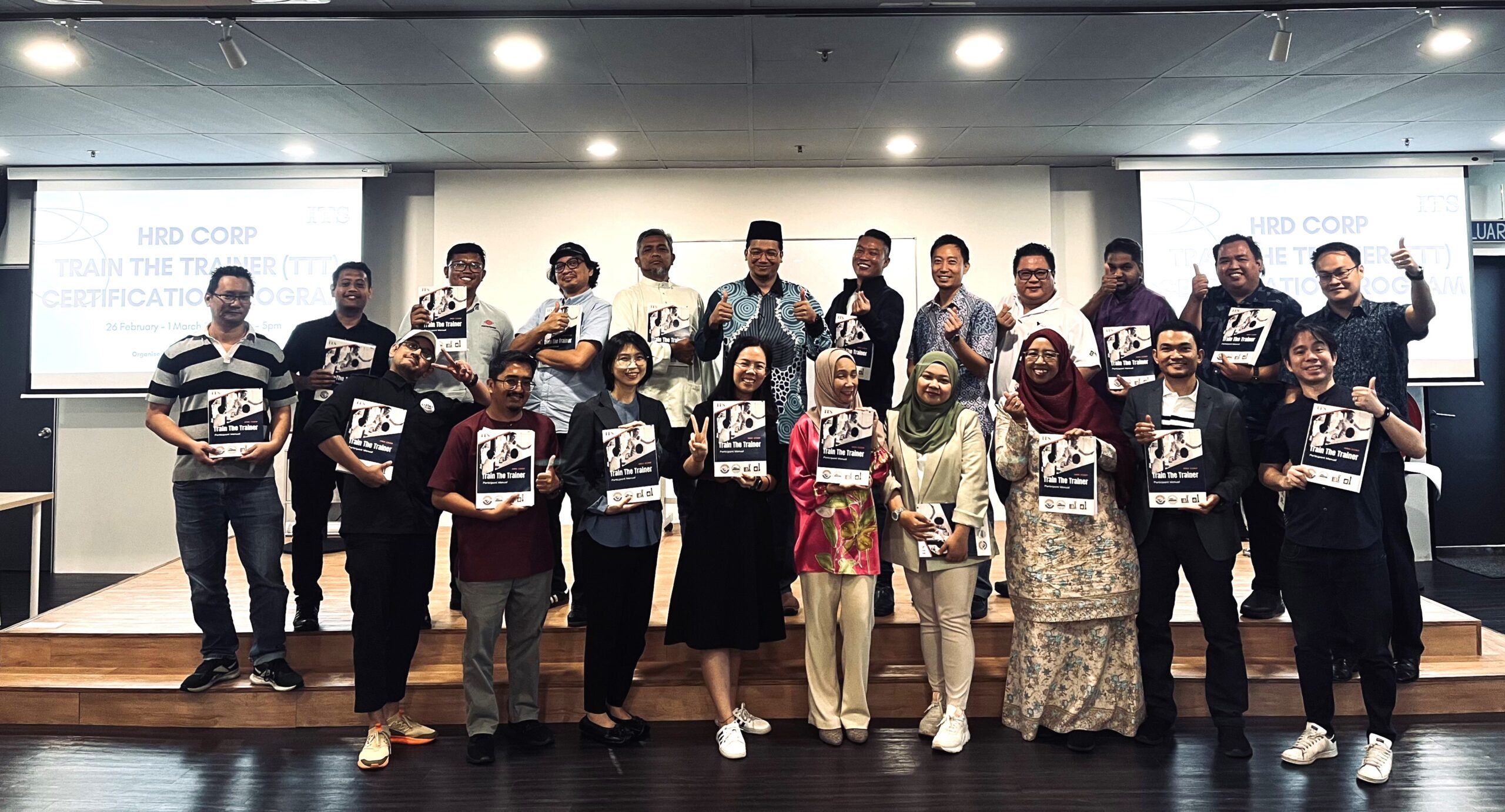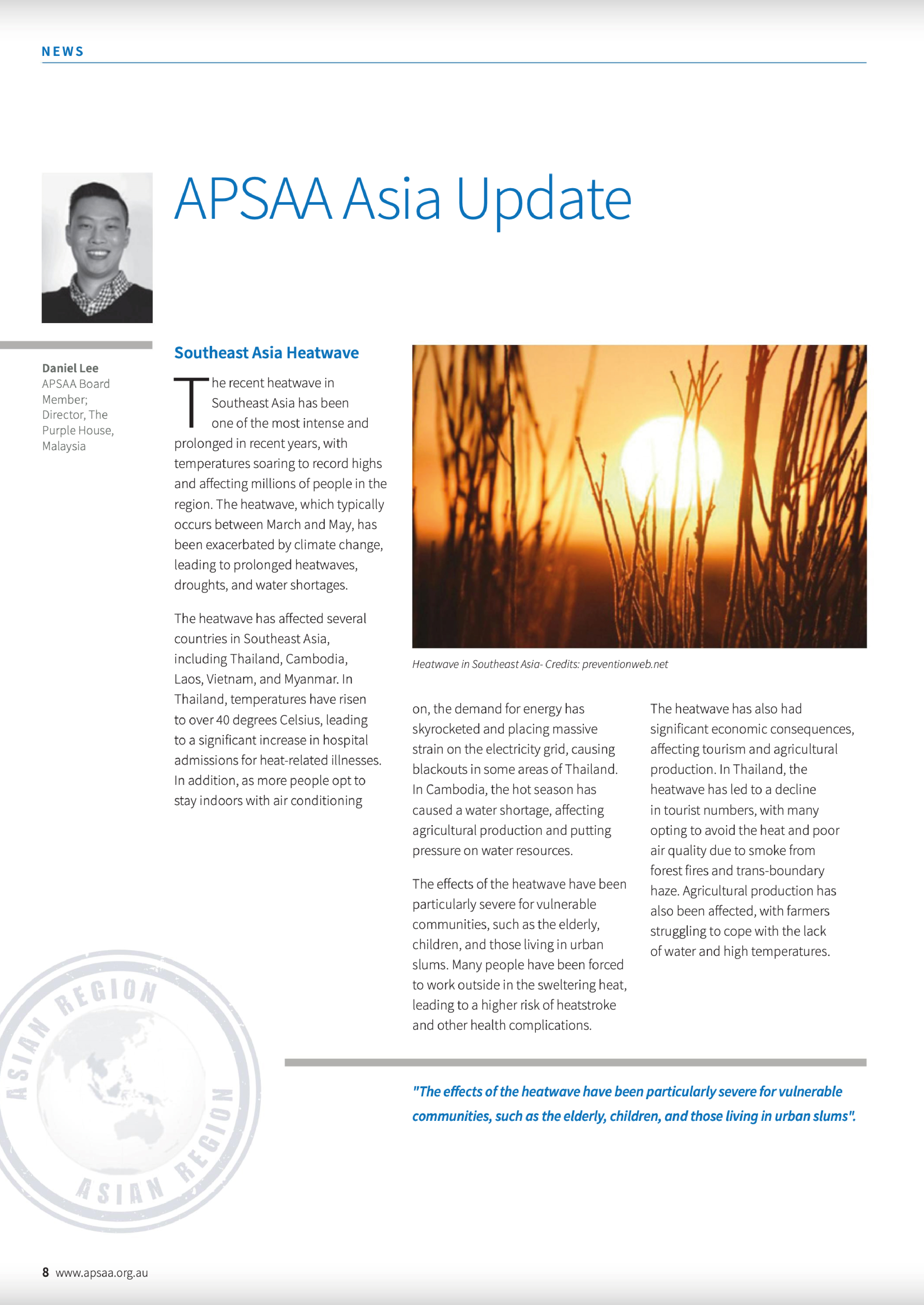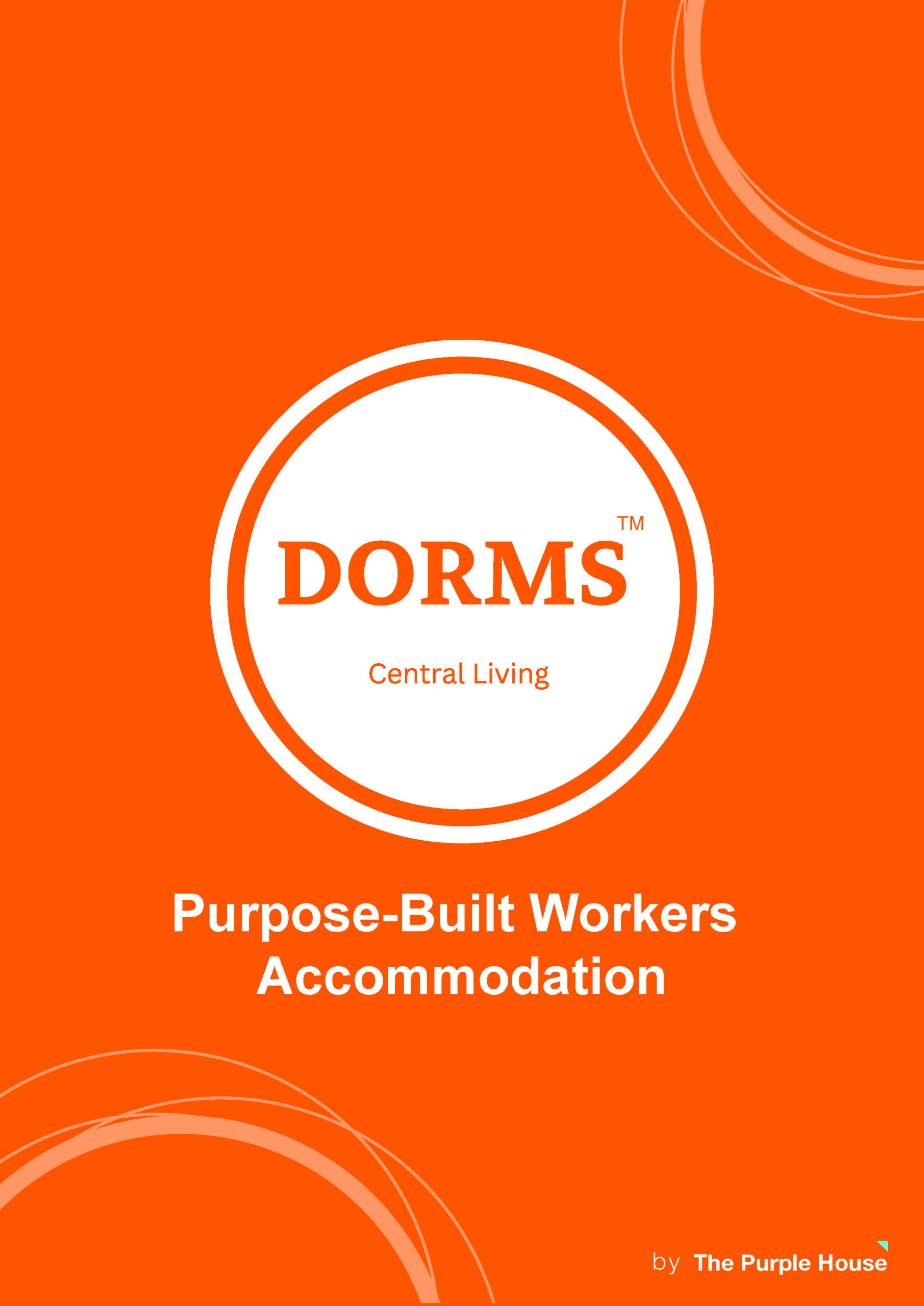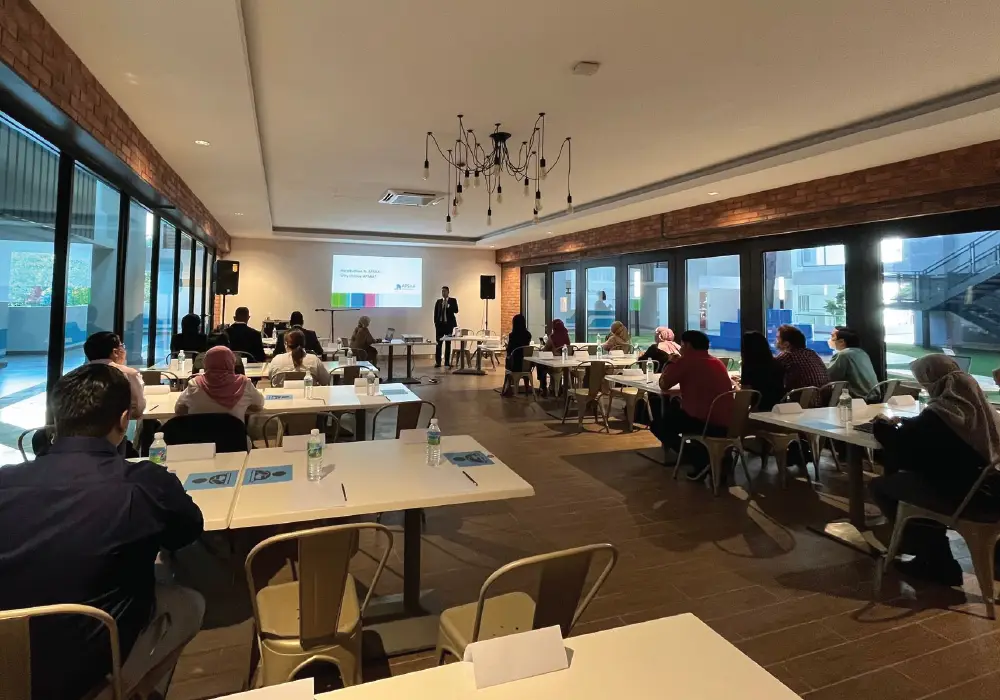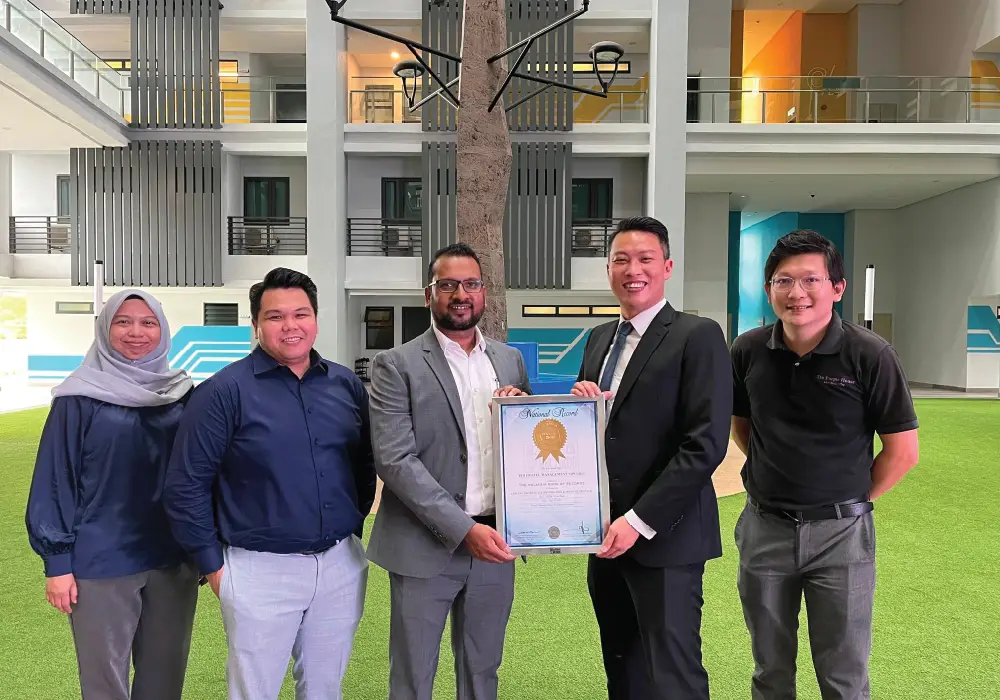
As the number of students in Malaysia’s public universities continues to rise, the need for efficient hostel management systems (HMS) becomes increasingly important. Universiti Teknologi Mara (UiTM), one of the largest public universities in Malaysia, is a prime example of the challenges and opportunities faced by higher education institutions in managing student accommodations.
The Current Situation of Student Hostels
Malaysia has 20 public universities, each struggling with the increasing number of students needing accommodation. UiTM, with its many campuses across the country, is a clear example of this challenge. The university currently accommodates 190,000 students, making up nearly 20% of all students in Malaysian public and private universities combined. These students are divided into three main groups based on household income: B40 (Bottom 40%), M40 (Middle 40%), and T20 (Top 20%).
An interesting aspect of UiTM’s student population is the large number of T20 students, who make up 28% of the student body, or about 53,200 students. This significant number shows a strong demand for higher-quality hostels, especially among T20 students who may want more amenities and better living conditions.
Challenges in Student Hostel Management
The challenges faced by UiTM and other public universities in managing student hostels are many. Firstly, a large number of B40 students, 60% or about 114,000 students at UiTM need affordable housing options. The COVID-19 pandemic has made this situation worse, pushing many families from the M40 to the B40 category due to job losses and economic difficulties.
Vice-Chancellor Datuk Shahrin Sahib @ Sahibuddin has highlighted the complex challenges the university faces. The increasing number of B40 students requires affordable and efficient housing solutions, while the presence of T20 students creates a demand for higher-quality accommodations. Balancing these needs within the limits of university budgets and resources is a tough task.
The Need for Automating Hostel Operations
To address these challenges, automating hostel operations through a modern Hostel Management System (HMS) is essential. Such systems offer many benefits, including:
- Improved Efficiency: Automation simplifies administrative tasks such as room assignments, fee collection, and maintenance requests, reducing the workload on university staff and minimising human errors.
- Enhanced Student Satisfaction: A well-implemented HMS can greatly improve the student experience by providing easy access to accommodation information, timely updates, and quick handling of complaints and requests, especially given that we are now dealing with a tech-savvy generation.
- Data-Driven Research and Decision Making: With detailed data on student demographics, housing preferences, and occupancy rates, universities can make informed decisions about resource allocation, future expansions, and policy changes.
- Cost-Effectiveness: Automating processes can lead to long-term cost savings by reducing administrative overheads and optimising resource usage.
The rising number of students in Malaysia’s public universities, along with the diverse economic backgrounds of these students, presents both challenges and opportunities in hostel management. UiTM’s situation highlights the urgent need for efficient, automated hostel management systems to improve operational efficiency and enhance student satisfaction.
By raising awareness about the need for HMS and advocating for its adoption, we can support public universities in overcoming their current challenges and paving the way for a more efficient and student-friendly accommodation system.
Source: Utusan Malaysia & Malay Mail
